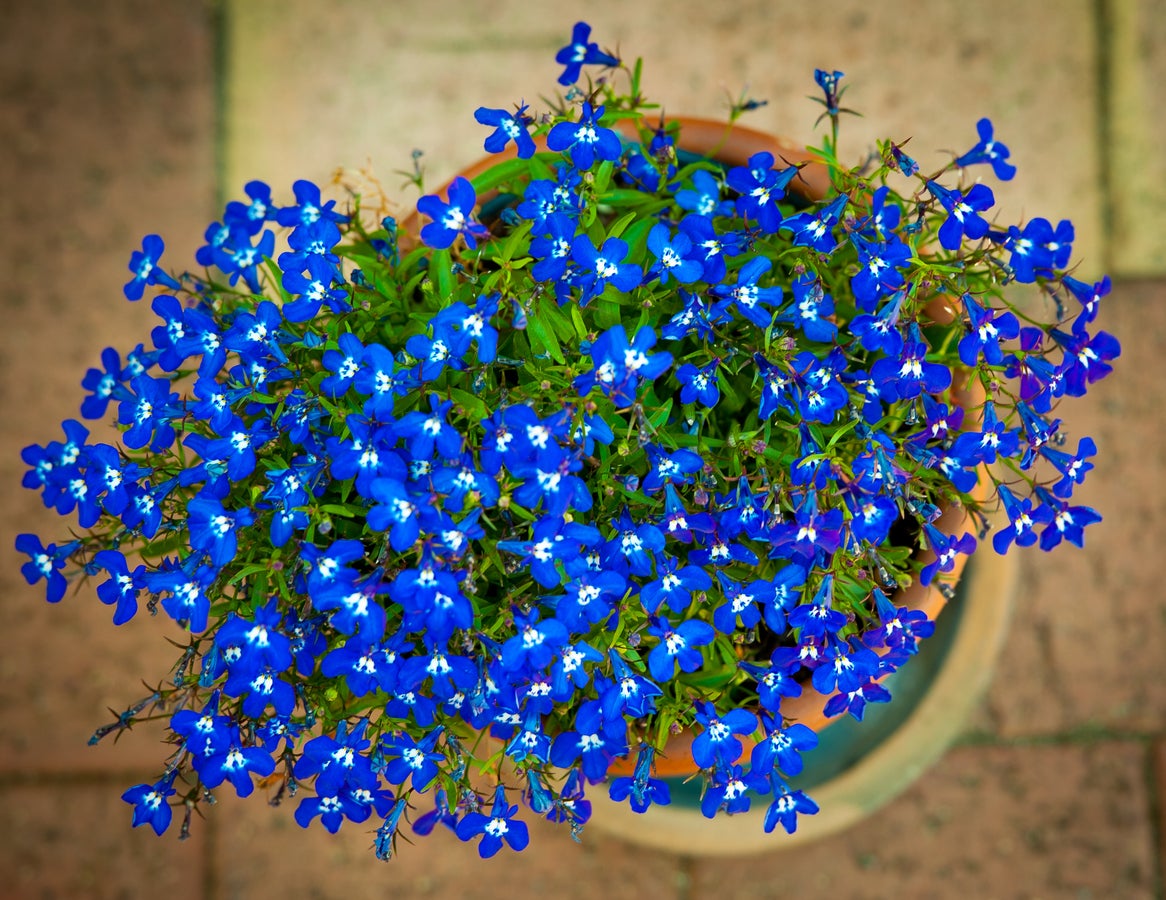Lobelia Winter Care – Tips For Overwintering Lobelia Plants


There are many types of Lobelia. Some are annuals and some are perennials and some are annuals only in northern climates. Annuals will usually self-seed and come back the next year, while perennials will re-sprout from the dormant plant in spring. Lobelia winter hardiness varies by species, but even the hardy Lobelias need special care to survive cold temperatures. Keep reading for important tips on Lobelia winter care.
Lobelia Winter Hardiness
Lobelia in winter will die back no matter which variety you have. However, the annual Lobelia may not come back at all even if it formed seed. This is due to incorrect germination requirements. However, it is easy to plant from seed in controlled situations. Perennial plants will die back but, if given proper care, should flourish anew when temperatures warm up.
Lobelia erinus is the annual variety of the plant and comes in many species. It is not hardy in cold temperatures and will not survive being frozen. The Lobelia x speciosa varieties are perennials. These are hardy to 5 to 14 degrees F. (-15 to -10 C.).
Either variety needs well-draining soil in full sun for best blooming. The annual forms tend to get weedy when temperatures get hot in summer but can be rejuvenated by cutting the plants back by half. Perennial forms will bloom almost into the middle of fall.
How to Overwinter Lobelia Annuals
In warmer zones, annual Lobelia can remain outdoors and will continue to bloom if cut back. Eventually, the plant will die out but should reseed. Northern gardeners will have to plant these Lobelias in containers and bring them indoors before any danger of frost.
Even overwintering Lobelia plants indoors is no guarantee they will re-bloom in spring since these are short lived plants. Place them in indirect but bright light, away from drafts. Water them infrequently but check every so often, especially if they are near a heat source which will dry soil quickly.
Lobelia Winter Care for Perennials
Overwintering Lobelia plants that are classed as perennials is a bit easier and more certain. Most are hardy to USDA zones 2 to 10. That is a pretty broad temperature range and almost any gardener can have success with these forms as outdoor plants in winter.
Sign up for the Gardening Know How newsletter today and receive a free copy of our e-book "How to Grow Delicious Tomatoes".
Perennial Lobelia in winter will die back. Leaves drop and stems may get soft. Cut them back after flowering to a couple of inches (5 cm.) above the ground. Spread organic mulch around the root zone but keep it away from the main stems. Covering these can promote rot.
In most zones, enough precipitation will occur so that watering is not necessary. Feed plants in late winter to early spring and they will bounce back quickly.

Bonnie Grant is a professional landscaper with a Certification in Urban Gardening. She has been gardening and writing for 15 years. A former professional chef, she has a passion for edible landscaping.